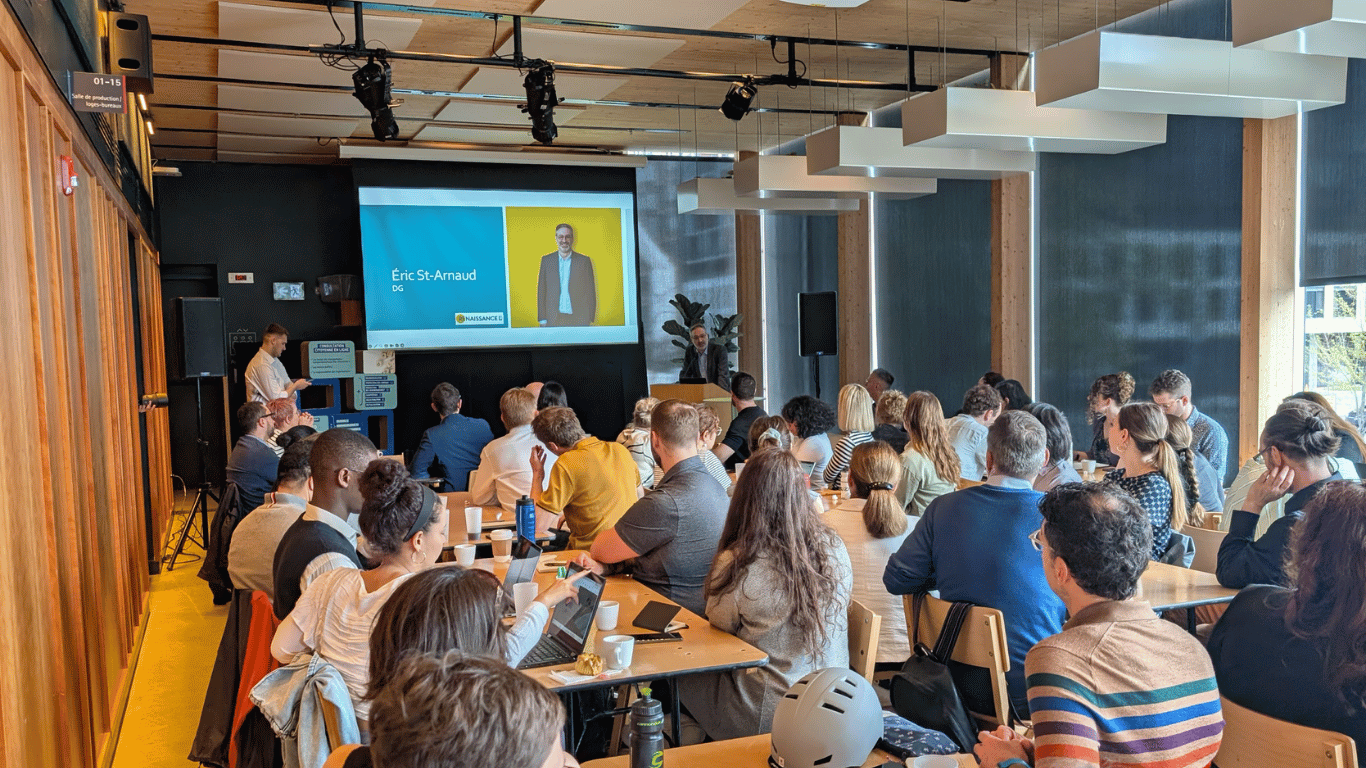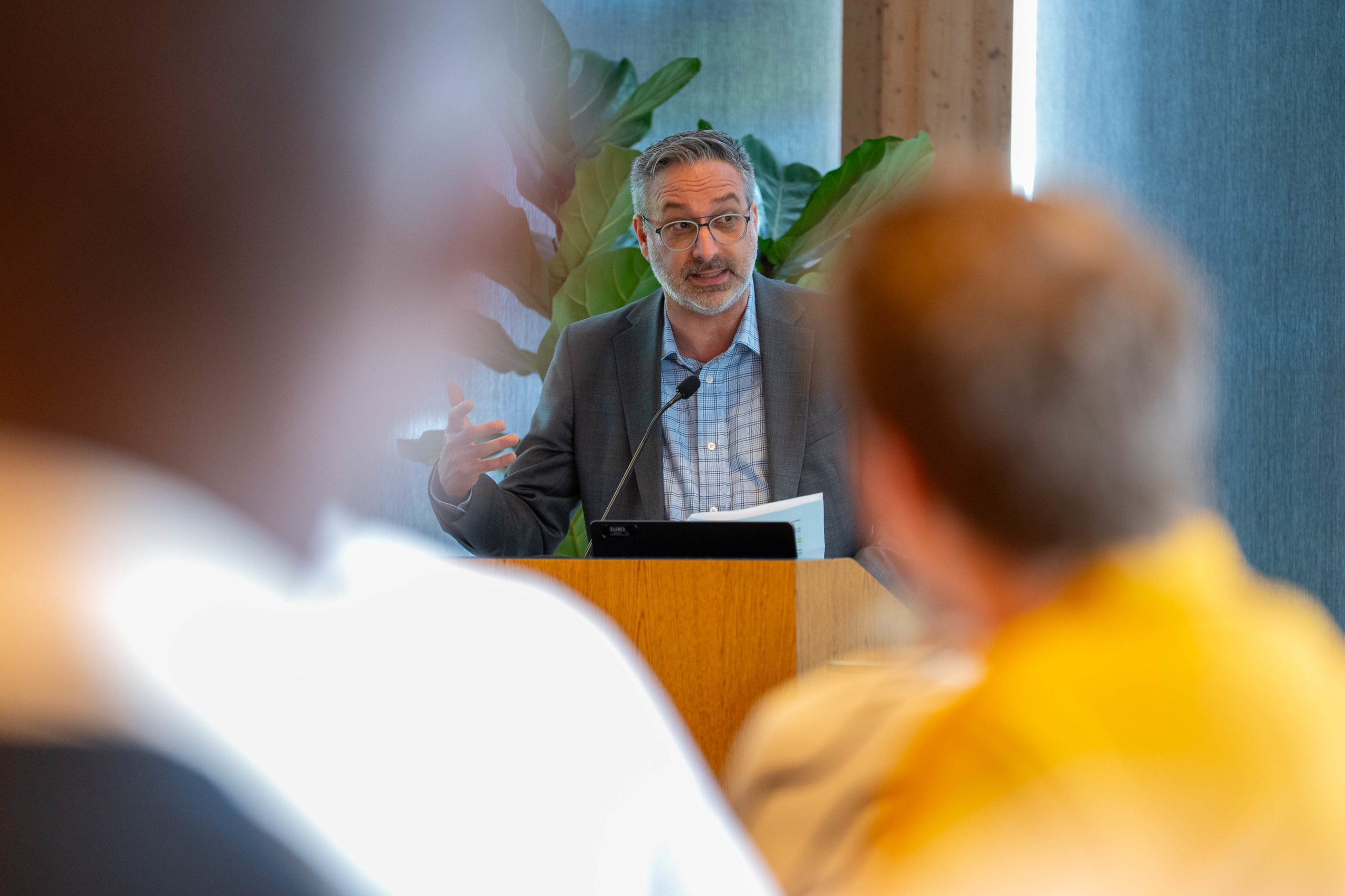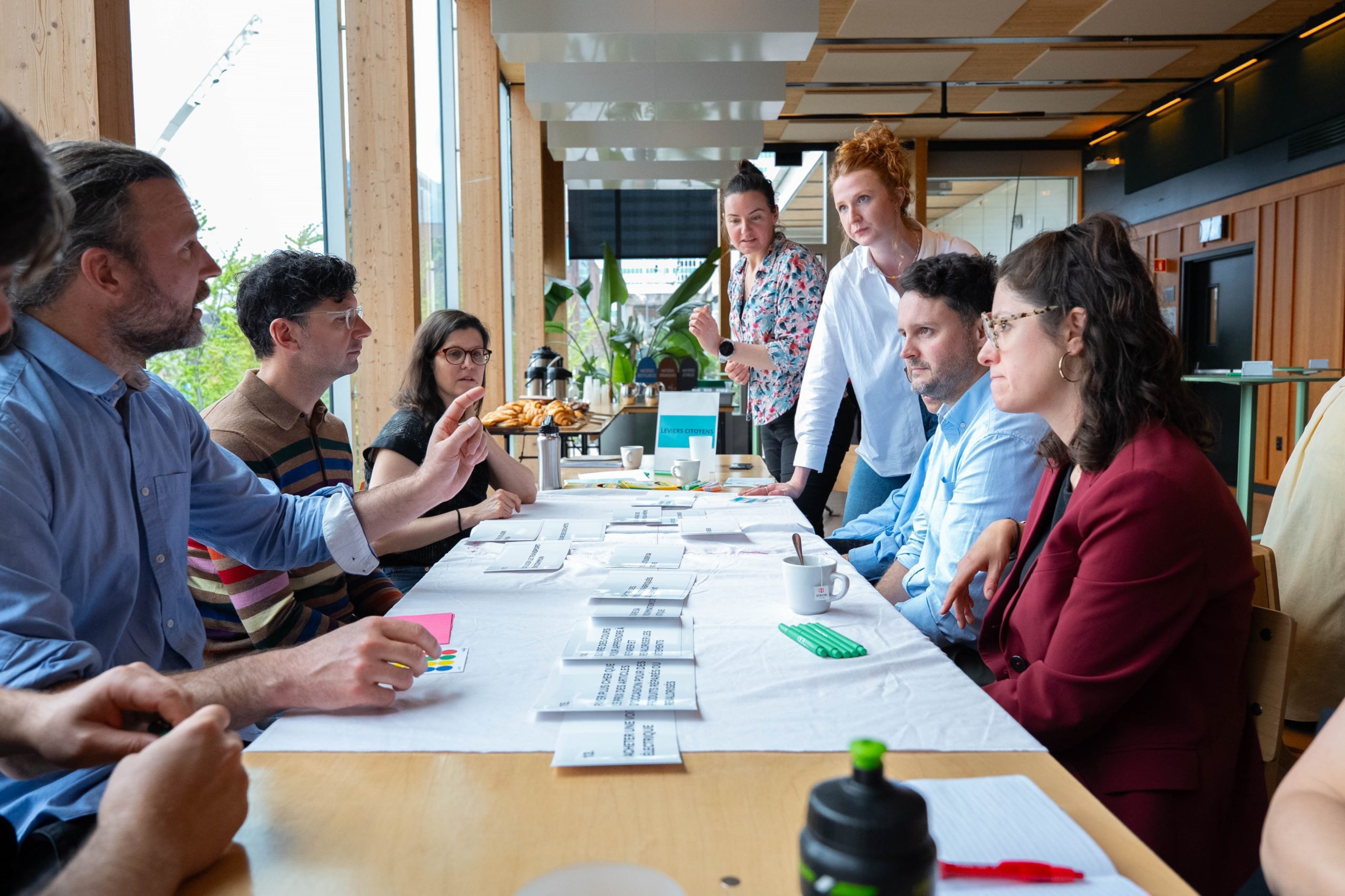Montreal, May 7, 2025 – The 15th edition of the Responsible Consumption Barometer, conducted by the Observatory of Responsible Consumption (OCR) of UQAM’s School of Management Sciences, in collaboration with Renaissance and Recyc-Québec, provides a clear, nuanced, and revealing overview of the behaviors of Quebecers. While responsible consumption is gradually becoming more ingrained in habits, it still faces major challenges: the impact of the cost of living, widespread eco-fatigue, loss of collective reference points, and contradictions to overcome. In this context, one question arises: how can we evolve our habits without adding more burden to our daily lives?
Actions Progressing, but Still Hindered
According to the Barometer, 86.7% of Quebec’s population claims to consume responsibly. However, only 18.7% of respondents consider themselves to be truly committed consumers. Several factors hinder action, including financial constraints, the complexity of choices, and a sense of discouragement in the face of individual responsibility overload.
Some practices are becoming more popular—using reusable bottles, bags, or cups has become common—but others, like bulk buying, remain marginal, limited by logistical obstacles or limited availability.
Second-Hand Shopping on the Path to Normalization
Despite these barriers, encouraging signs are emerging. For example, second-hand shopping is becoming a shared reflex. One in ten people say they purchase used items at least once a week, and two out of three report that it helps them limit the purchase of new goods. This simple act reflects a form of chosen and accessible frugality—a way to consume differently without necessarily consuming less.
Voluntary but Reasoned Frugality
58.8% of respondents say they reduced their consumption over the past year. While this trend is partly explained by inflation, it also shows a shift towards focusing on essentials. Quebecers seem ready to make compromises without sacrificing quality of life: they adjust, select, and strive to maintain a sense of well-being despite constraints.
Redefined Expectations for Brands
While environmental messaging sometimes struggles to mobilize, expectations for brands are evolving. Social utility, solidarity, and responses to economic challenges now take precedence over strictly ecological promises. This shift is evident in the Barometer’s results: the most appreciated brands are those that offer concrete everyday solutions, particularly in the areas of reuse, the circular economy, and inclusion.
Between Saturation and Lack of Awareness
The Barometer also highlights a form of saturation. Nearly 40% of respondents feel they are already doing enough for the planet. One-third feel discouraged by the complexity of the required actions or the anxiety-inducing tone of some messages. Moreover, more than 75% admit they do not fully understand the environmental impact of their consumption, and very few use evaluation tools for this purpose.
Models That Inspire in New Ways
In this context of awareness and fatigue, hybrid models resonate with the population. Whether it is about consuming differently, extending the life of objects, or giving instead of throwing away, solutions that combine social and environmental impact are seen as more accessible, more humane, and more grounded in reality. Organizations like Renaissance, active for 30 years in the circular economy and social reintegration, embody this pragmatic and solidarity-based approach. They remind us that it is possible to make a difference without guilt or perfection, but through concrete, collective, and inclusive actions.
And Tomorrow? A Collective Responsibility to Reinvent
Quebecers continue to believe in shared responsibility. A large majority think that individuals must play their part in this transition, with 75.7% agreeing, but companies, retailers, governments, social actors, and environmental groups are also seen as essential to this equation. However, expectations for these actors have significantly declined compared to previous years. This phenomenon suggests a real demand for the renewal of the ecological social contract, a need for new approaches that better align with current expectations.
The actions that the population wishes to prioritize in the coming year are simple and accessible, easily integrated into daily life. More than 76% of respondents are willing to reduce waste at its source, and a similar proportion wants to recycle more. Other actions like reducing plastic (75.7%) or buying locally (72.5%) continue to gain popularity. These actions are not solely individual; collective measures also receive broad support, such as regulating unsold goods, providing free public transportation, or offering tax incentives for eco-friendly purchases. Nearly 70% of Quebecers want the government to take more concrete environmental measures.
An Invitation to Stand Together
The 2025 Barometer highlights the contradictions between good intentions and the reality of behaviors. Despite a sense of saturation with environmental issues, simple yet significant solutions continue to unite people. For organizations like Renaissance, active in the circular economy and professional reintegration, this confirms the importance of acting on both social and environmental fronts. These results remind us that responsible consumption is not solely an individual matter: it is essential to create concrete and accessible solutions for everyone. By reconciling personal actions, collective commitments, and public policies, we can take the next step forward together.



